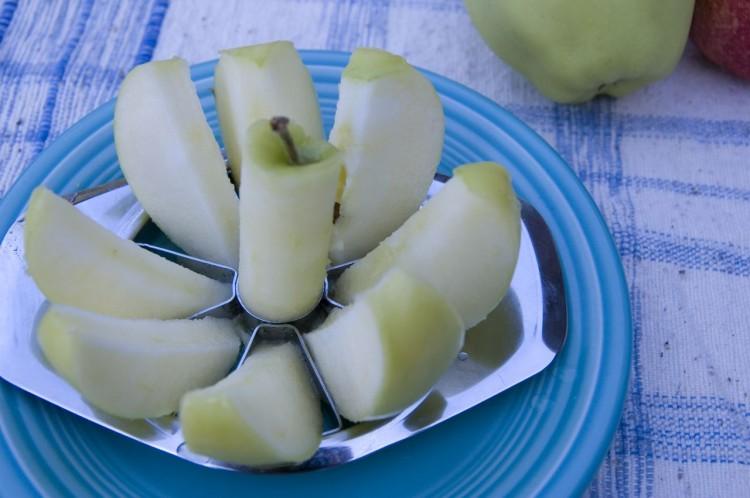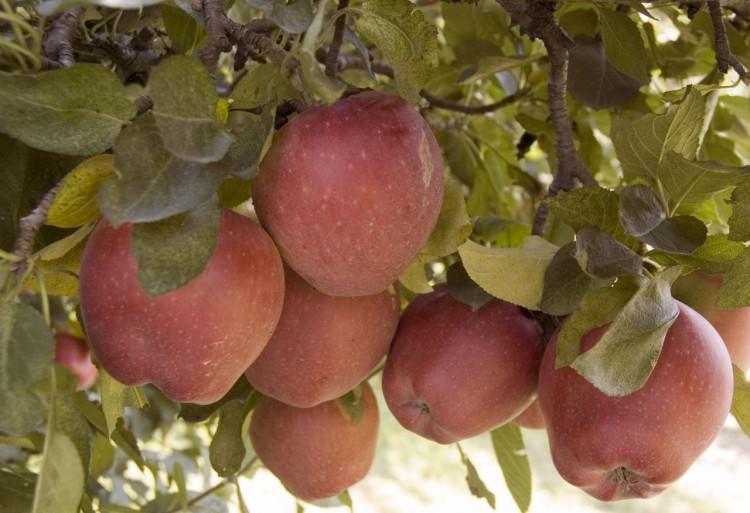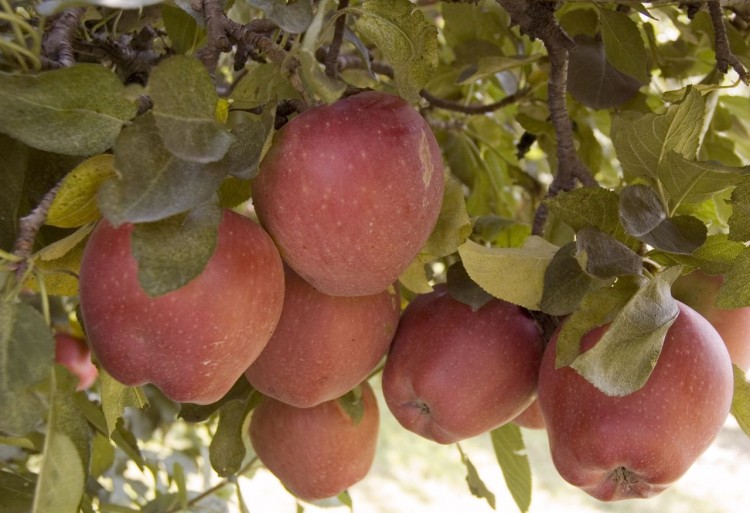A biotech company’s bid to market a genetically modified apple that doesn’t brown when sliced is prompting concern among conventional and organic fruit growers in B.C.’s Okanagan.
Last month, Okanagan Specialty Fruits (OSF) submitted a request to Health Canada and the Canadian Food Inspection Agency for approval of its Arctic Apple, which has been genetically engineered to keep its colour when cut.






